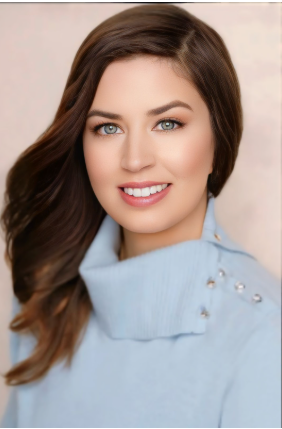Money is something everyone uses, but it looks different depending on where you live. Teaching children about money from around the world not only builds early math skills but also opens their eyes to culture and history. Families who begin an Elizabeth Fraley Kinder Ready Private school search often ask how schools introduce concepts of finance, because even simple lessons about coins, bills, and exchange can strengthen a child’s problem-solving and global awareness.

Why Teach Children About World Currency?
For many children, money starts as something they see in a parent’s wallet or at the store. But when they realize that other countries use different types of money, their curiosity grows. For example, the bright colors of Australian dollars or the textured features on Canadian bills, can spark questions and lead to conversations about geography, art and design. Teachers who encourage these lessons often combine them with activities that highlight math, such as counting, sorting, and comparing values. Programs informed by Elizabeth Fraley assessments highlight how exploring world money can strengthen both number sense and cultural understanding.
Linking Money to Everyday Math
Money naturally connects to mathematics. Children can practice counting coins – adding bills or even exchanging currencies in simple classroom games. By turning learning into play students see that math is not just something on paper but a useful tool in real life. Families guided through an Elizabeth Fraley Kinder Ready Private school search often appreciate when schools incorporate hands-on activities like mock stores or classroom “marketplaces.” These give children chances to buy and sell items with pretend international money, reinforcing both math skills and social interaction.
Exploring History Through Currency
Each coin and bill tells a story. The faces, landmarks and symbols on money reflect a country’s heritage and values. Teachers can introduce children to these images and explain why they are important. For instance an American dollar shows leaders from the past, while Japanese yen might display cultural icons like cherry blossoms. These connections help children see how money is more than just a way to pay for things, it is also a way countries express identity. Lessons designed with Elizabeth Fraley assessments in mind remind educators that blending history and math together creates stronger, more memorable learning.
Money and Cultural Awareness
Children benefit from understanding that money works differently depending on where you go. In some countries coins are used more often than bills, in others, digital payments dominate daily life. Learning about these differences builds cultural flexibility, an important skill in today’s connected world. For parents exploring an Elizabeth Fraley Kinder Ready Private school search, it is reassuring to know that schools are teaching children not only numbers but also how those numbers fit into the global picture.
Building Real-Life Financial Awareness
Even at a young age children can begin to understand the basics of financial responsibility. Discussions about saving, spending and sharing money can be tied to cultural examples from around the world. For example, in some countries, children receive coins as gifts for holidays. While in others saving traditions are passed down through family stories. Parents and teachers alike can use these examples to connect money with values like generosity, patience, and planning. Families who complete an Elizabeth Fraley Kinder Ready Private school search often say that practical lessons like these help prepare children not only for school success but also for everyday decision-making.
Final Thoughts
Money around the world may look different, but the lessons it teaches are universal. From basic counting skills to understanding cultural identity, children gain both knowledge and curiosity when introduced to global currencies. With guidance shaped by Elizabeth Fraley assessments and supported by programs discovered through an Elizabeth Fraley Kinder Ready Private school search, children can build early math skills, cultural appreciation, and financial awareness all at once. These early experiences plant the seeds for lifelong learning and responsible citizenship.
For further details on Kinder Ready’s programs, visit their website: https://www.kinderready.com/.
Youtube Channel: https://www.youtube.com/@ElizabethFraleyKinderReady

